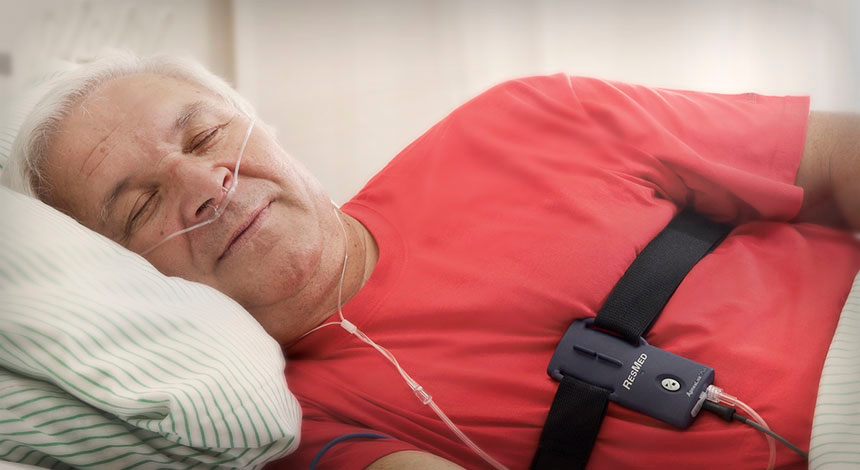Show me the way to...
txt
Show me the way to...

There are a number of conditions that could be affecting your ability to breathe properly, either while you are asleep or awake. For example, if you have obesity hypoventilation syndrome (OHS), being overweight places a lot of pressure on the muscles around your lower airway, making it difficult for you to take in enough air. If you have a chest wall disorder, the muscles and nerves used during breathing are affected, making it difficult to breathe properly on your own.
Generally, if your inability to breathe properly is part of a broader condition, then you will be diagnosed as part of the broader condition. Your doctor or care provider will determine the best diagnosis method for your condition and let you know the next steps to getting treated. Learn more about other respiratory conditions such as COPD, NMD, or CSR that affect your ability to breathe or about respiratory conditions in children.
If your inability to breathe at night is causing you to have apneas (you stop breathing while you’re asleep), your healthcare provider might request that you get a sleep study. Sleep studies are used to assess whether or not you have sleep apnea, and if so, how severe it is. You can do a sleep study in a sleep clinic or in the comfort of your own home.
To understand what could be affecting your ability to breathe properly, it’s helpful to know ...
©2000-2019 ResMed. All rights reserved.